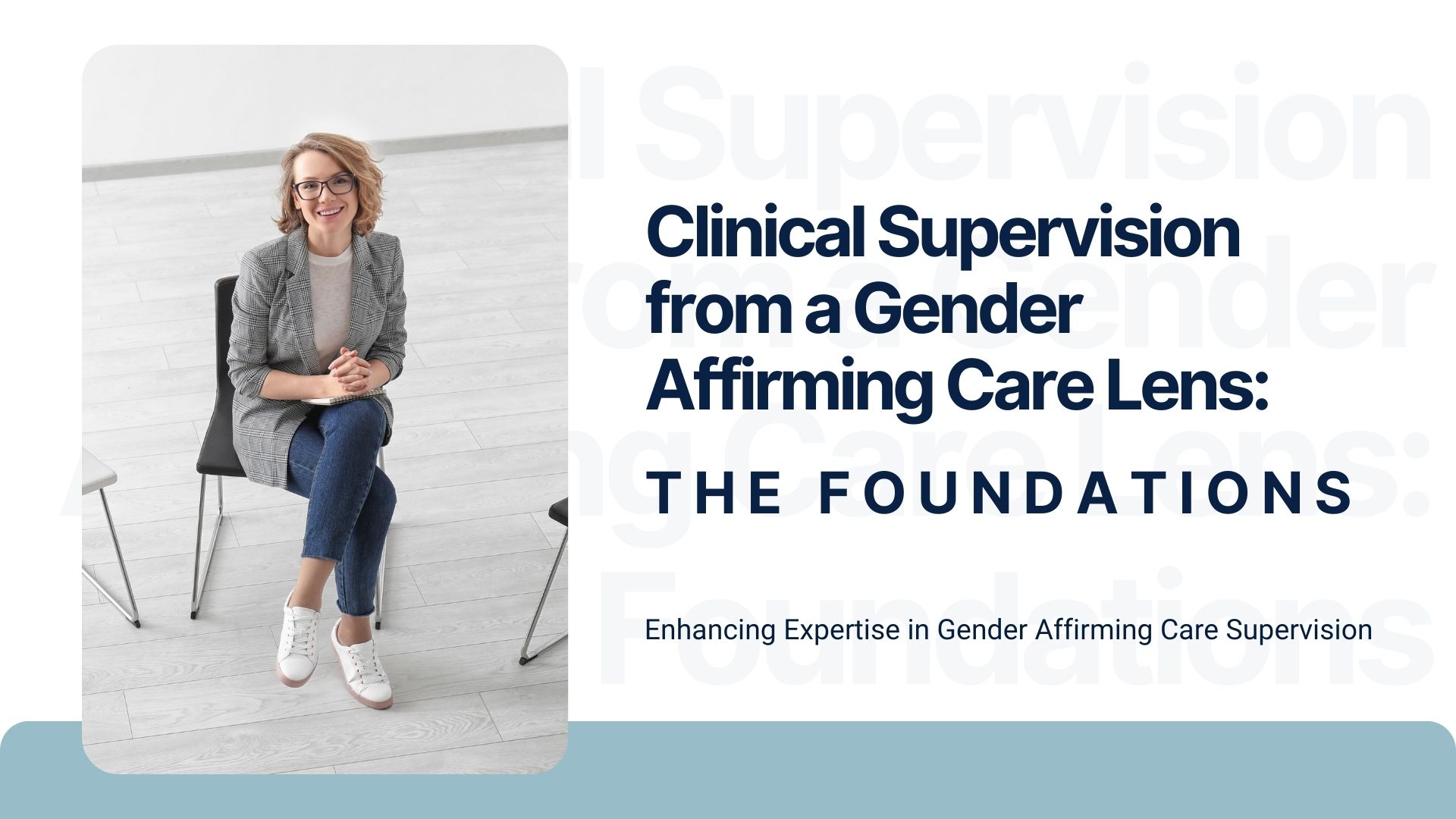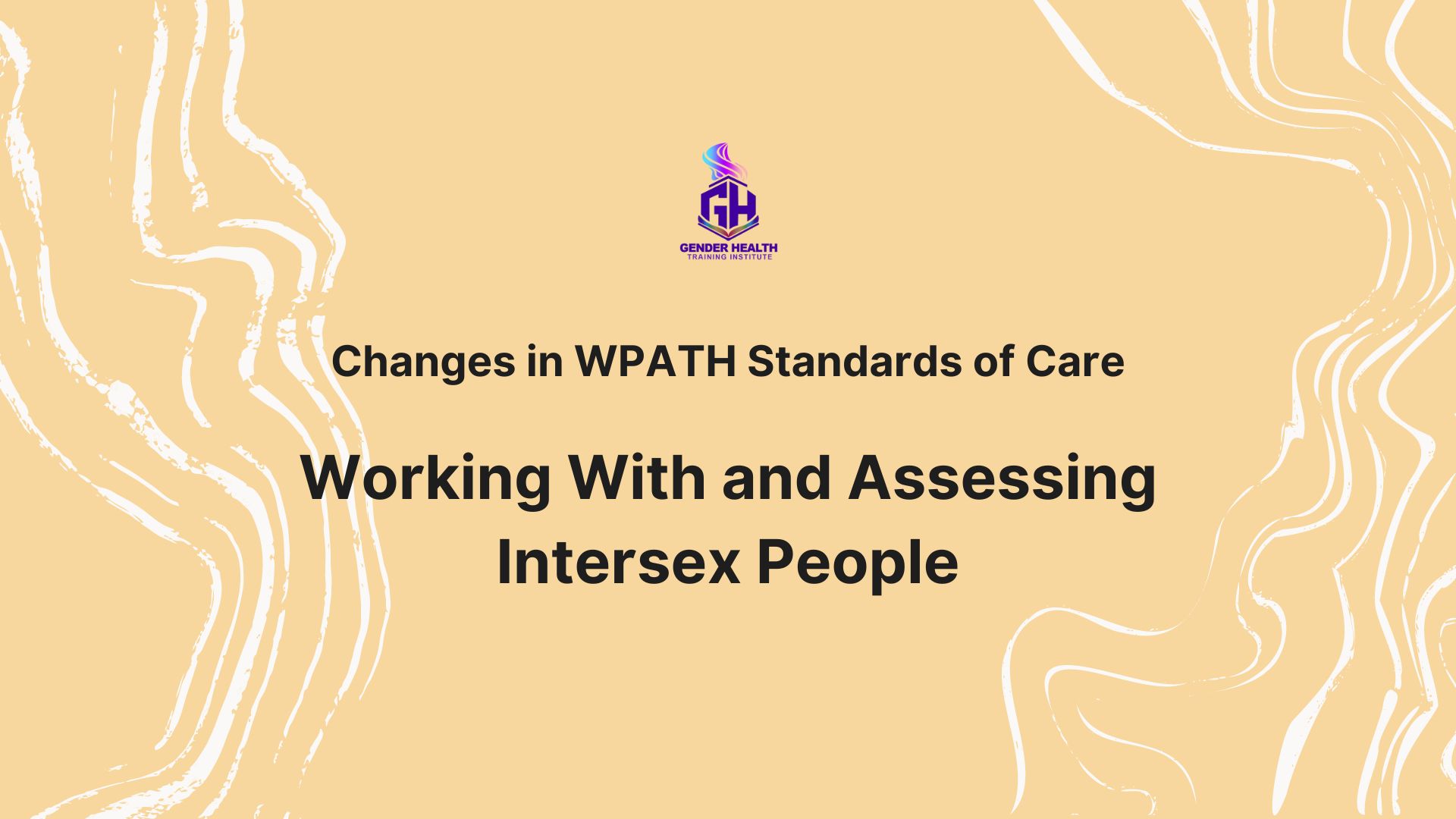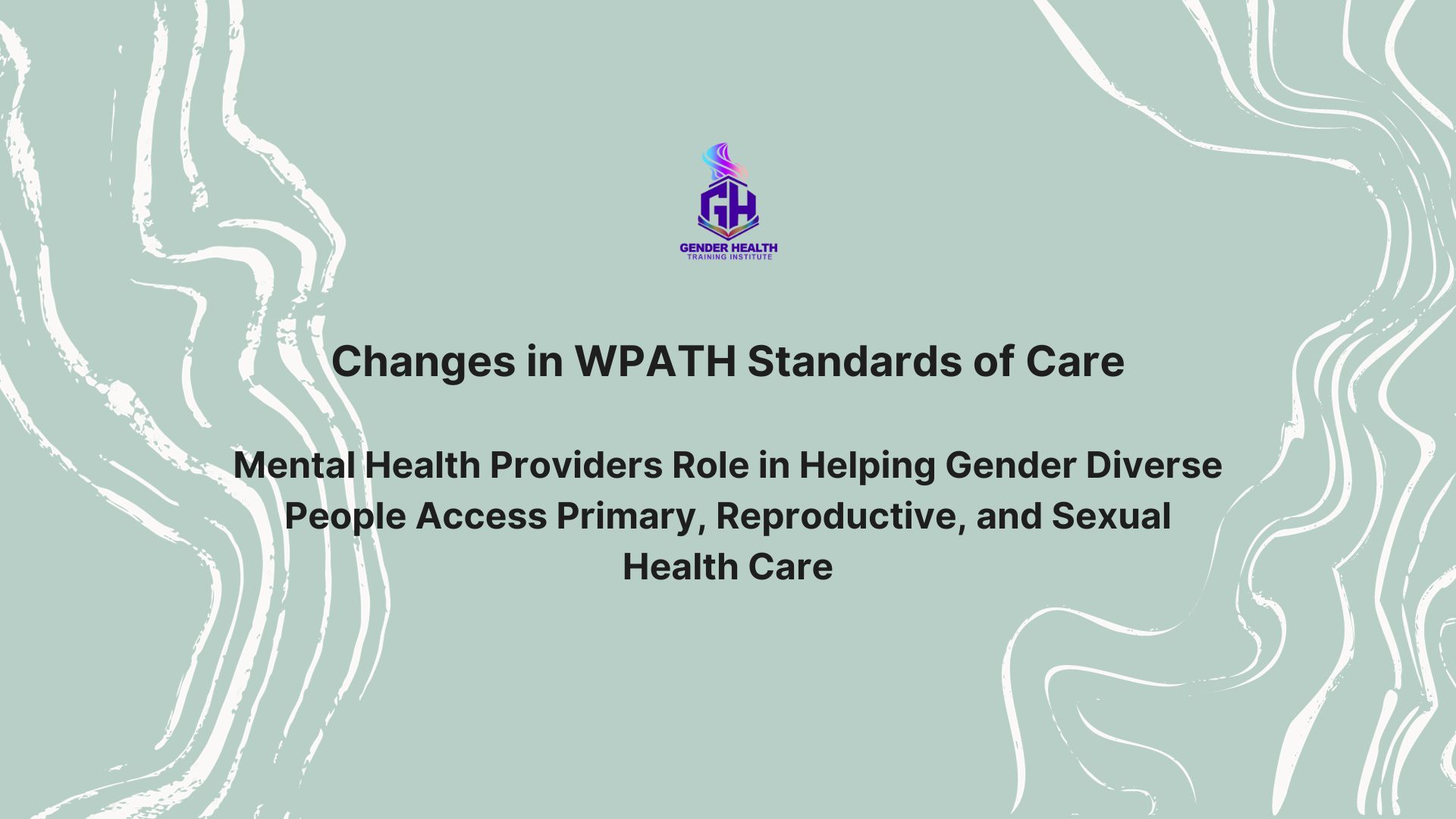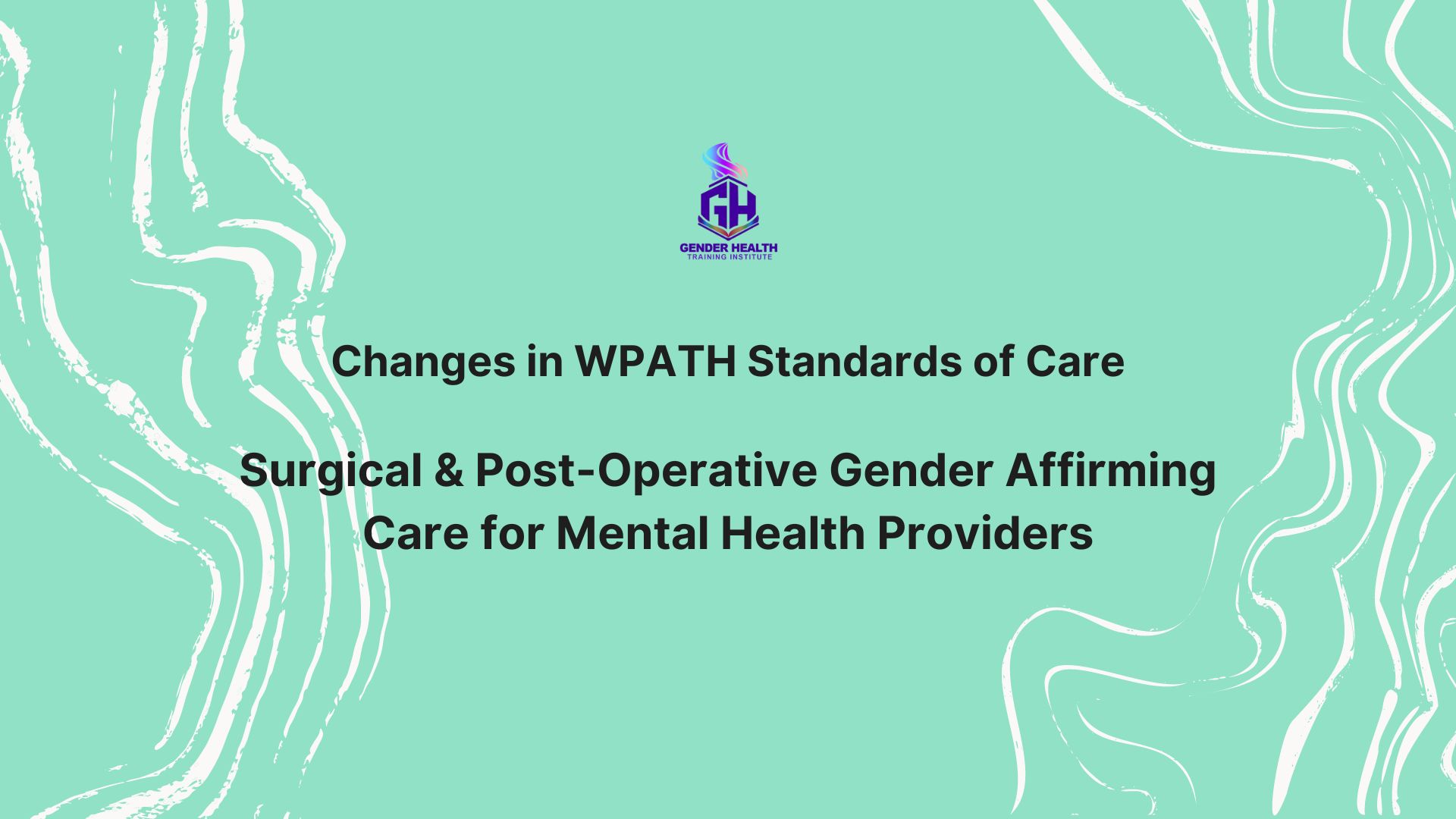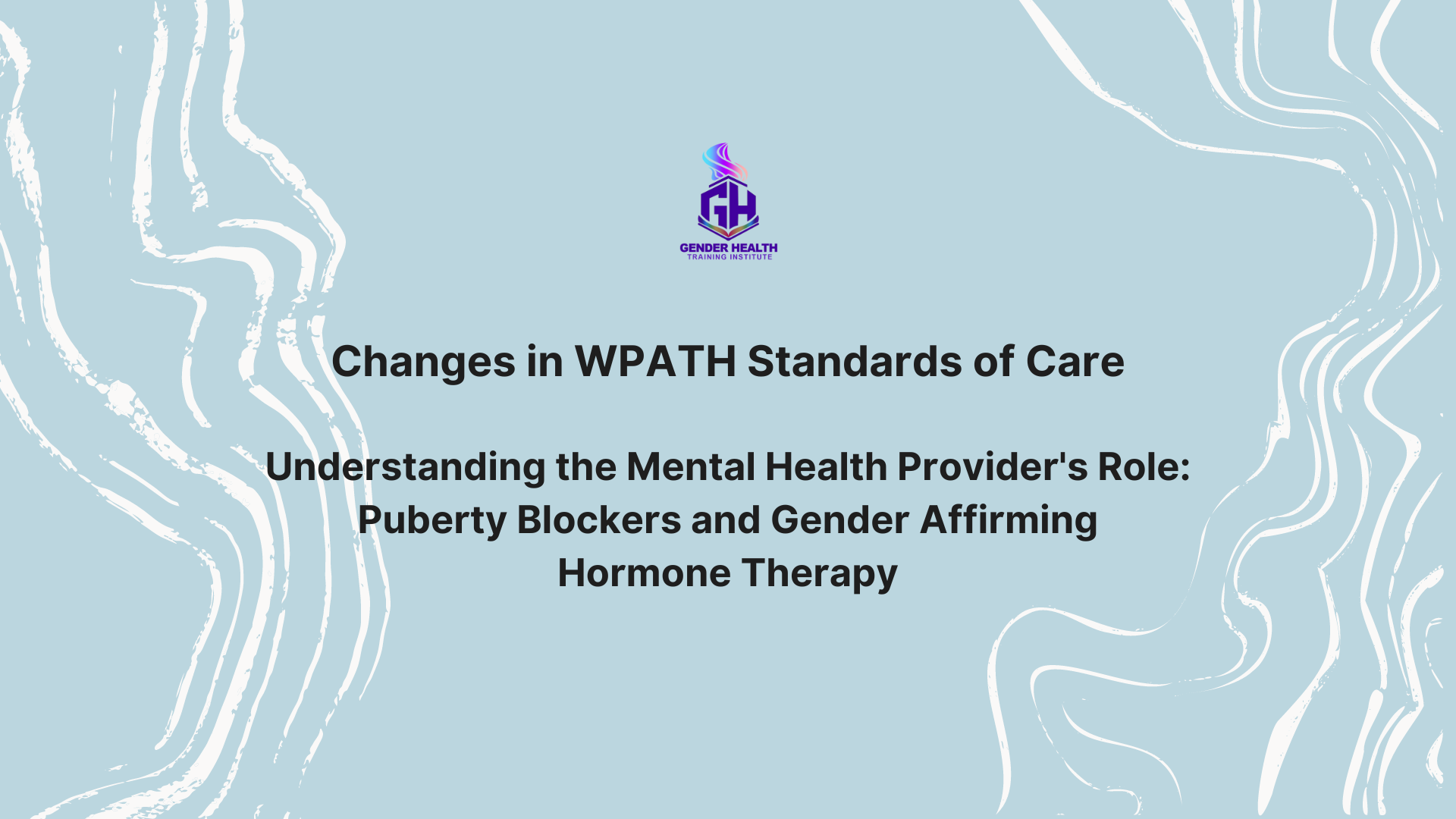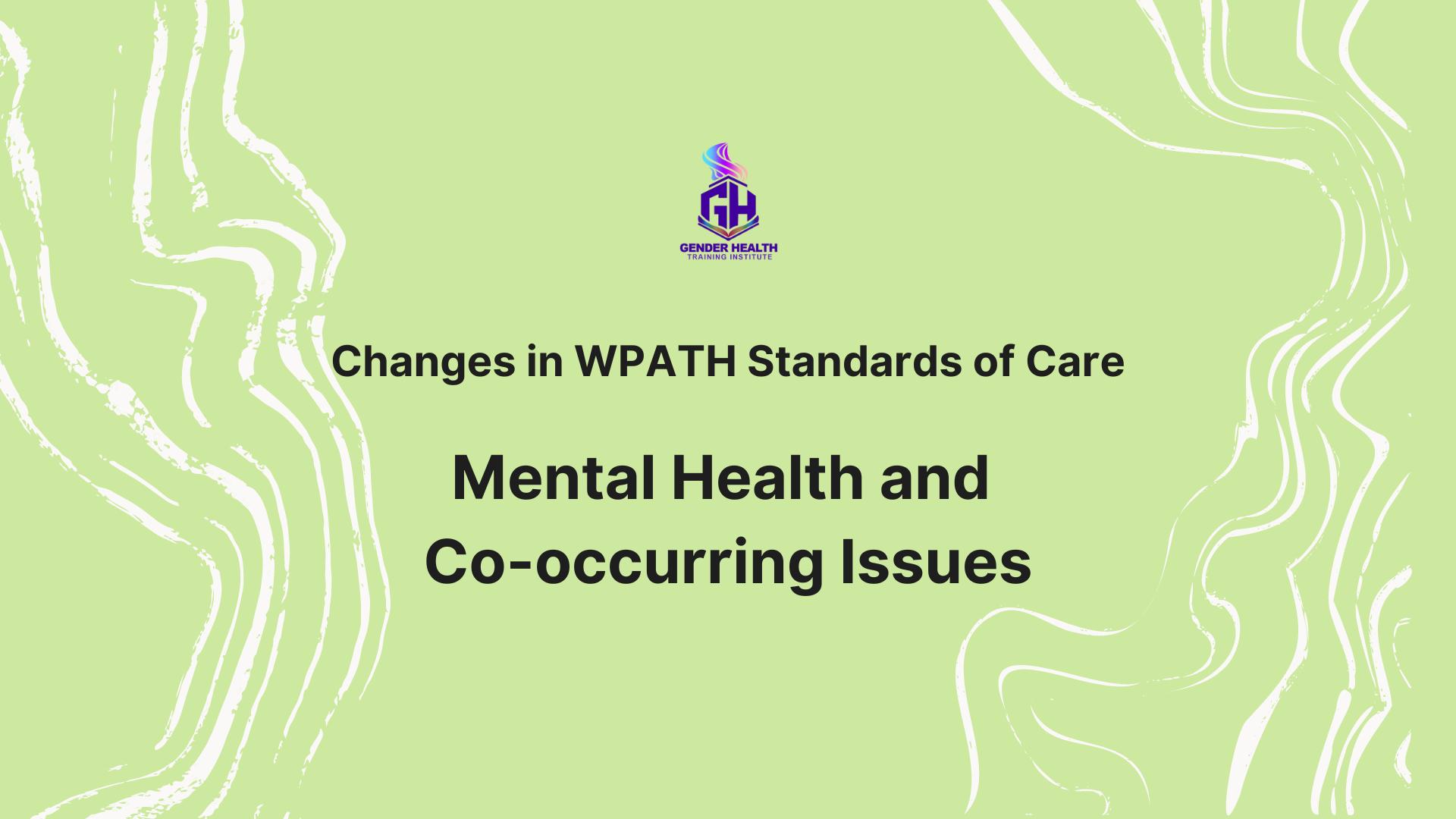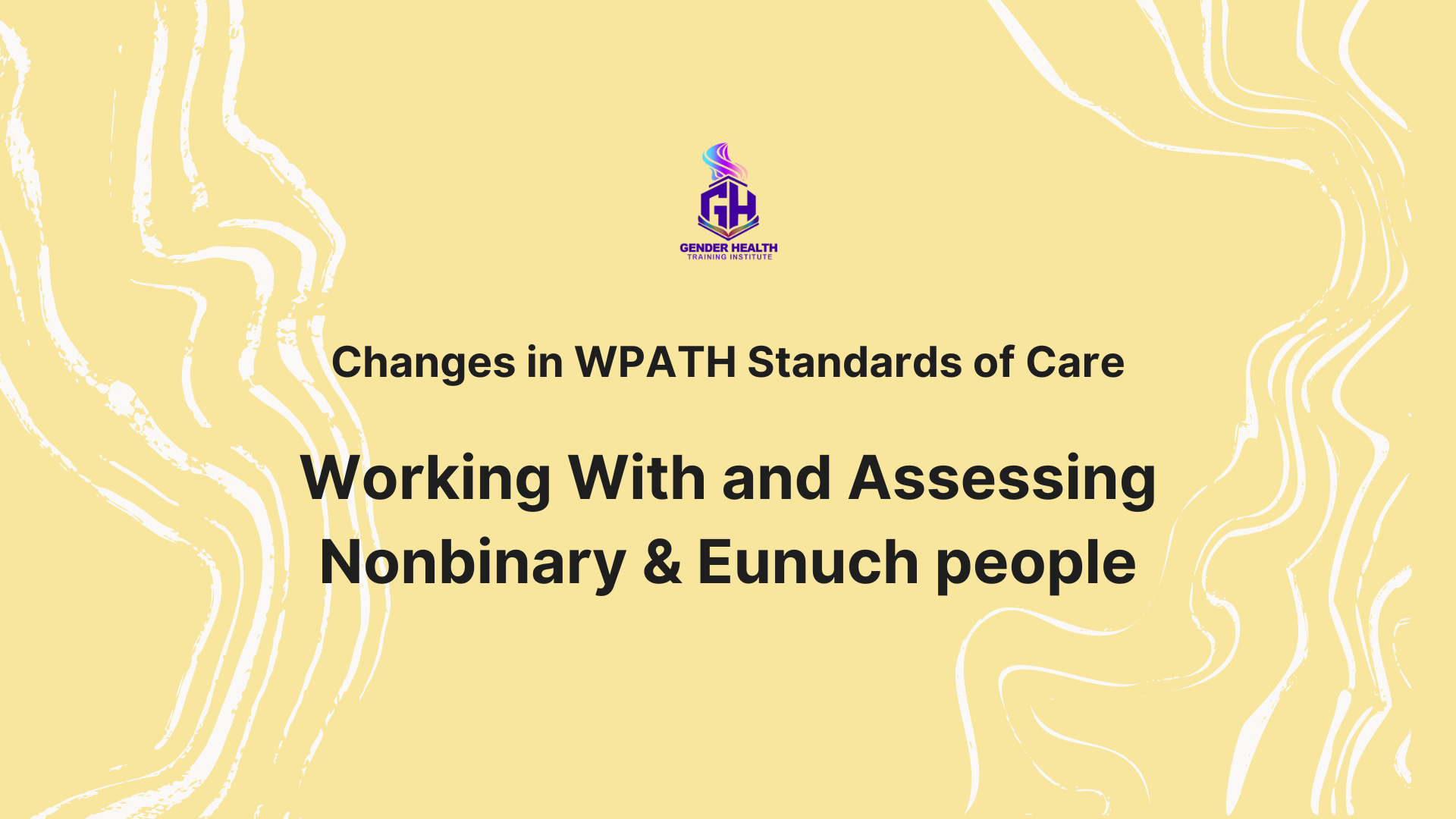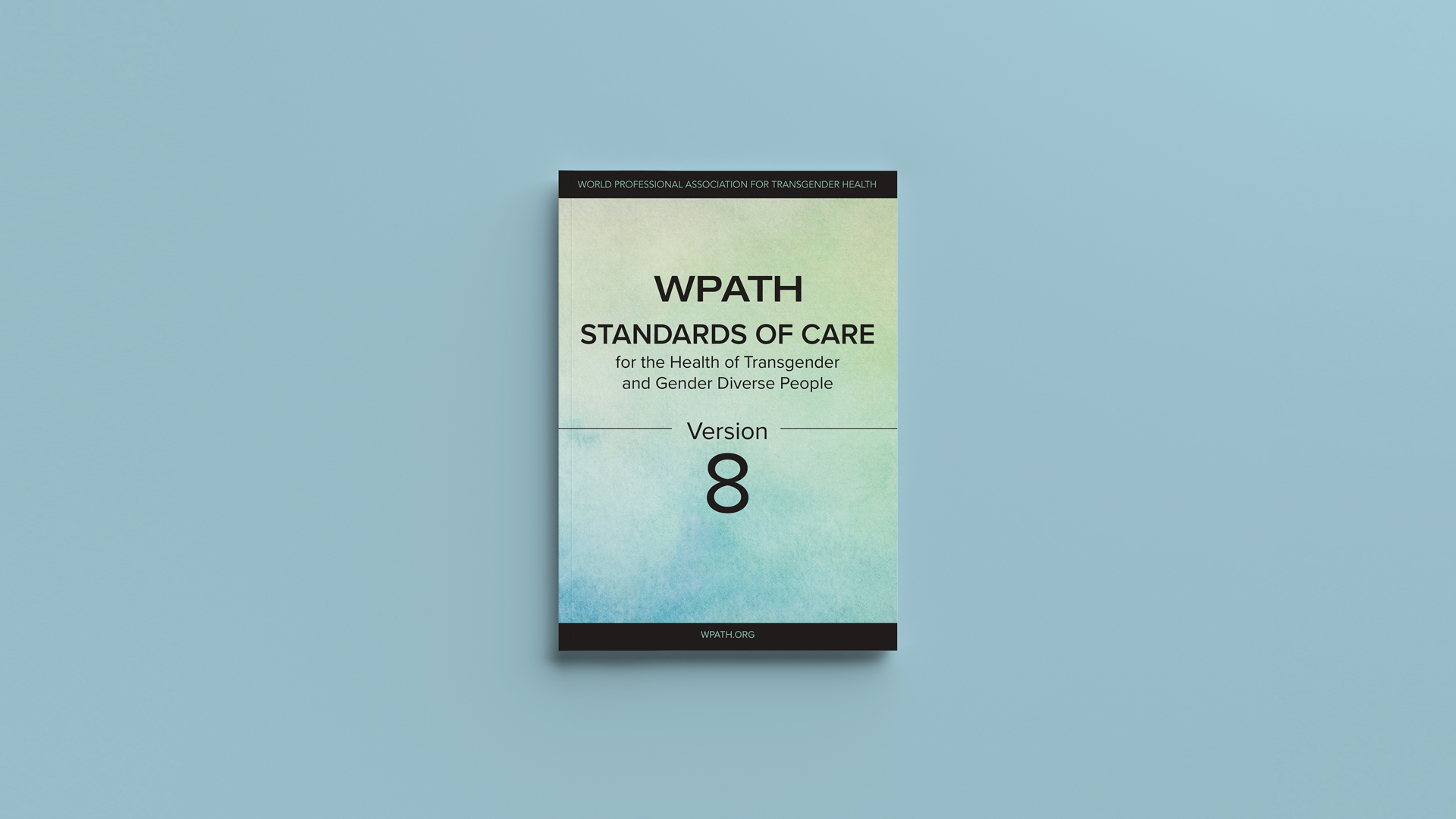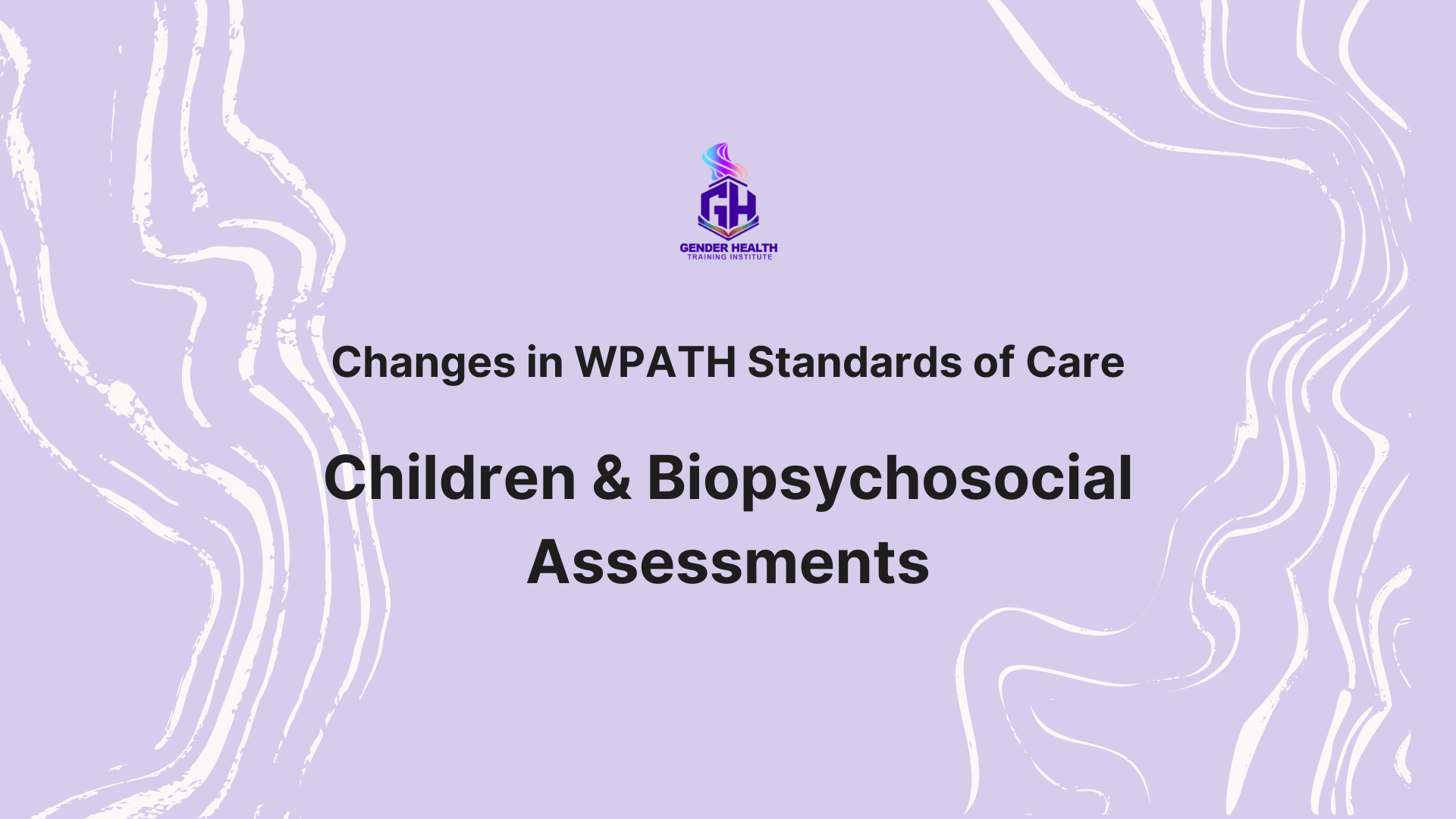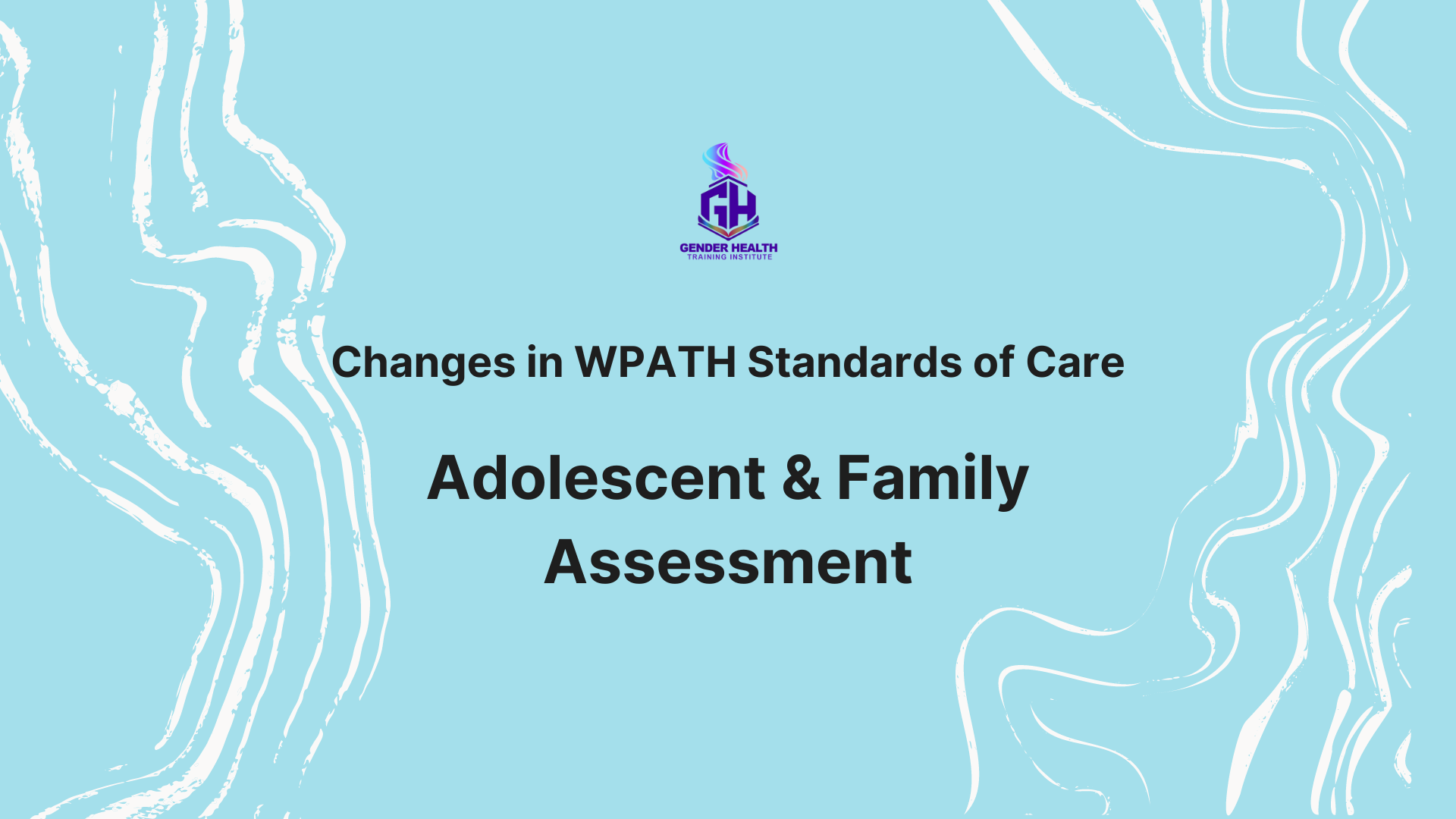Autism Assessment and Treatment Adaptation for Gender Diverse Communities
This course is ideal for professionals who work with gender-diverse and neurodivergent individuals in clinical, educational, or advocacy settings. It is designed for those seeking a deeper understanding of the intersection of autism and gender diversity, offering practical strategies for assessment, treatment adaptation, and affirming care.
Clinical Supervision from a Gender Affirming Care Lens: The Foundations
Clinical Supervision from a Gender Affirming Care Lens: Foundations is the inaugural course in a transformative series of webinars designed to equip clinical supervisors with the knowledge, skills, and competencies necessary to provide ethical, effective, and culturally competent supervision to trainees engaged in gender affirming care. This comprehensive six-hour course lays the groundwork for understanding the intricacies of gender diversity within clinical supervision and introduces participants to the foundational principles of gender affirming care, ethical considerations, legal frameworks, and the development of a supportive supervisory relationship.
Gender Affirming Couple/Relationship Therapy
Dr. Giammattei will present the underlying framework that therapists who work with transgender or gender-expansive (TGE) couples need to understand to provide gender-affirming treatment.
A Clinician’s Guide to Supporting Patients Undergoing Gender-Affirming Surgery
This Webinar is designed to provide cultural context, practical advice, and trauma-informed interventions to mental health providers supporting trans & gender-diverse patients before, during, and throughout recovery from gender-affirming surgeries.
Family Dynamics and Assessments in Gender-Affirming Care: Collaborative Strategies for Mental Health Professionals
This course is designed to equip providers who work with and assess gender-diverse clients—across all ages—with the essential skills and knowledge to apply a gender-affirmative, collaborative approach to evaluations and treatment that is inclusive of the family system.
Helping Families on Gender Journeys: A Developmental Lens
This course will help providers who work with gender-diverse clients across the lifespan understand the basics of gender affirmative care using a collaborative developmental model for working with transgender, non-binary, gender-expansive children, adolescents, young adults, and their families that is inclusive of the many intersections of identity we all hold.
Working With and Assessing Intersex People
This webinar will equip mental health and healthcare providers with the knowledge to navigate the latest changes in the WPATH Standards of Care, version 8, particularly as they apply to intersex individuals. It will guide providers in implementing these guidelines in their practice and evaluations.
Primary, Reproductive, and Sexual Health Care
This Webinar will help mental health providers who work with transgender/gender diverse people and those who assess them for gender affirming care navigate the latest changes in the WPATH Standards of Care, version 8 and know how to implement them in your practice and evaluations.
Where to start: Gender journeys & competencies
This webinar will help providers who work with gender diverse clients across the lifespan understand the basics of gender affirmative care using a collaborative developmental model for working with transgender, non-binary, gender expansive children, adolescents, young adults and their families that is inclusive of the many intersections of identity we all hold.
Surgical & Post-Operative Gender Affirming Care for Mental Health Providers
This Course will help mental health providers who work with transgender/gender diverse people and those who assess them for gender affirming care navigate the latest changes in the WPATH Standards of Care, version 8 and know how to implement them in your practice and evaluations.
Understanding the Mental Health Provider’s Role: Puberty Blockers and Gender Affirming Hormone Therapy
This Webinar will help mental health providers understand the approach to treatment, what to explore in an assessment, and what needs to be addressed when referring gender diverse youth for puberty suppression or adolescents and adults for gender affirming hormone therapy even in complex cases or when co-occurring mental health symptoms are present.
Mental Health and Co-occurring Issues
This Webinar will help mental health providers or any provider managing complex cases involving co-occurring issues understand the approach to treatment, what to explore in an assessment, and what needs to be addressed to give gender diverse people with co-occurring mental health symptoms access to gender affirming medical care.
Eunuch & Non-Binary Assessment
This Course will help mental health providers who work with nonbinary or eunuch people across the life span navigate the latest changes in the WPATH Standards of Care, version 8 and know how to implement them in your practice and evaluations with these populations. It will also help any provider managing complex cases understand when a comprehensive biopsychosocial assessment is called for and when it’s not.
Integrating Changes in WPATH Standards of Care
This course will help you integrate SOC8 into your assessments and medical referral letters while navigating a medical world steeped in SOC7, all while getting CEs.
Children & Biopsychosocial Assessments
SoC8 changes in expectations for mental health providers working with children, Guidelines for approaching work with prepubescent children, Social transitions for children, An overview of comprehensive biopsychosocial assessments, Working with family & caregivers, Case examples
Adolescent & Family Assessment
SoC8 Changes in expectations for mental health providers working with youth, Adolescent cognitive development and medical decision making, An overview of gender development, Changes in guidelines for assessment of adolescents, An overview of adolescent biopsychosocial assessments, The inclusion of multidisciplinary teams and family, How to navigate the transition from SoC7 to SoC8 with youth & families, Case examples


